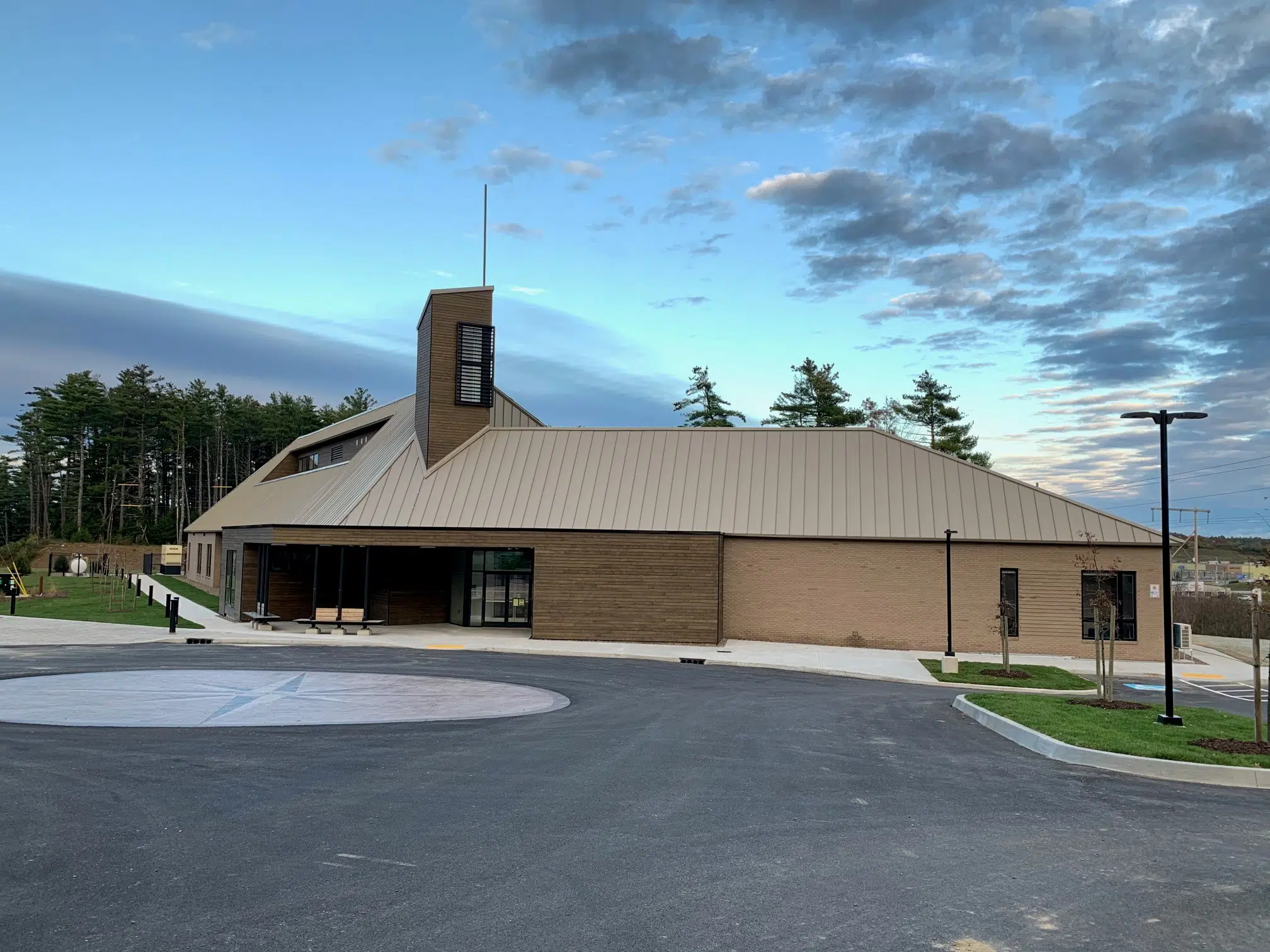
The MODL office in Cookeville, NS. Photo: Evan Taylor
The Municipality of the District of Lunenburg is walking back proposed limits on backyard livestock and small-scale agriculture, following what the mayor describes as a wave of community concern.
A draft planning strategy released earlier this month would have tied the number of livestock permitted on residential properties to lot size—restricting most owners to one animal unit per acre. That meant limits on chickens, goats, rabbits, and other animals unless residents owned larger parcels of land.
But council has now voted to send the strategy back to staff for revision and to begin consulting with the public directly.
“We’ve had a huge response… and concerns about what this document means for our community,” said Mayor Elspeth McLean-Wile following the decision. “We heard you loud and clear.”
The mayor said many residents were especially worried about the future of small-scale farming and the ability to grow food for personal use.
“We heard the concerns about small-scale agriculture, about the land that we live on, protecting agricultural land, the need to grow food for ourselves—and the restrictions that people felt were an overreach.”
Council has now asked staff to strip the document down to the “minimum planning requirements” needed to move forward and re-engage with the public on what kind of rules they want to see.
“We’re going to go back into the community and start to listen to what you think we should be doing with planning,” said McLean-Wile. “Whether it’s raising chickens or having a small home-based business, all of those things are important to so many residents.”
Public meetings are expected to begin next week and continue throughout the spring. A full schedule of sessions will be released by the municipality, and residents will also be able to contact councillors directly with input.
McLean-Wile said the municipality’s goal now is to build a plan that “balances the challenges we face with growth in our community, with preserving the things that we love about living in a rural community.”





